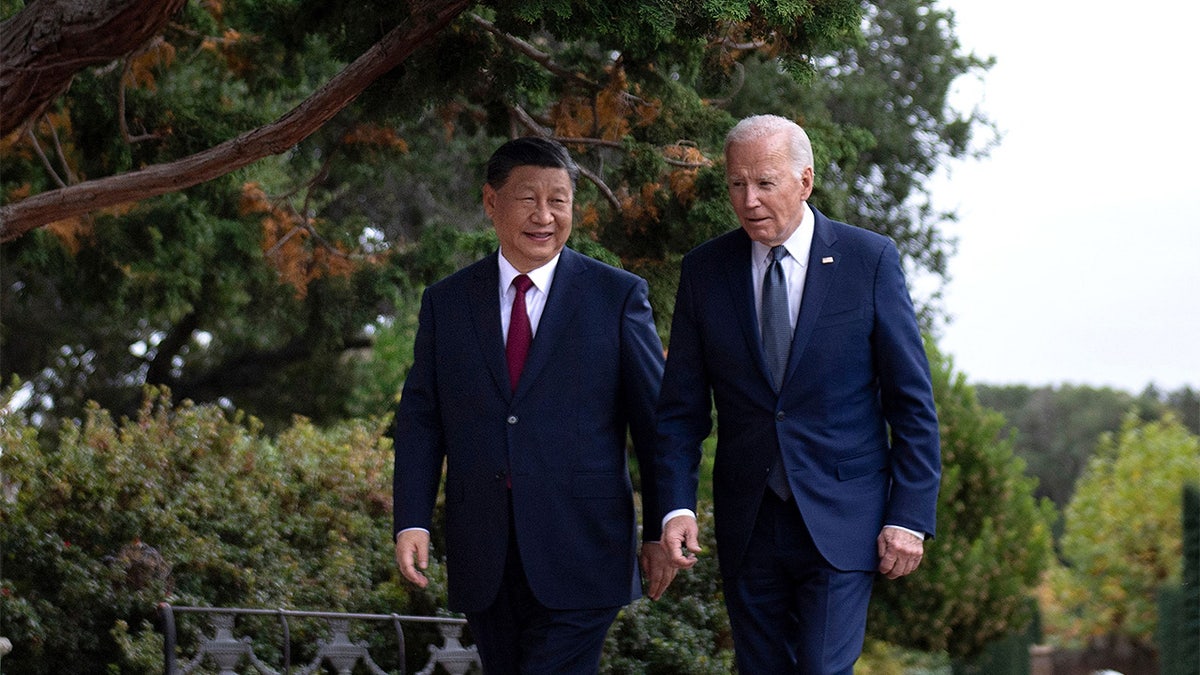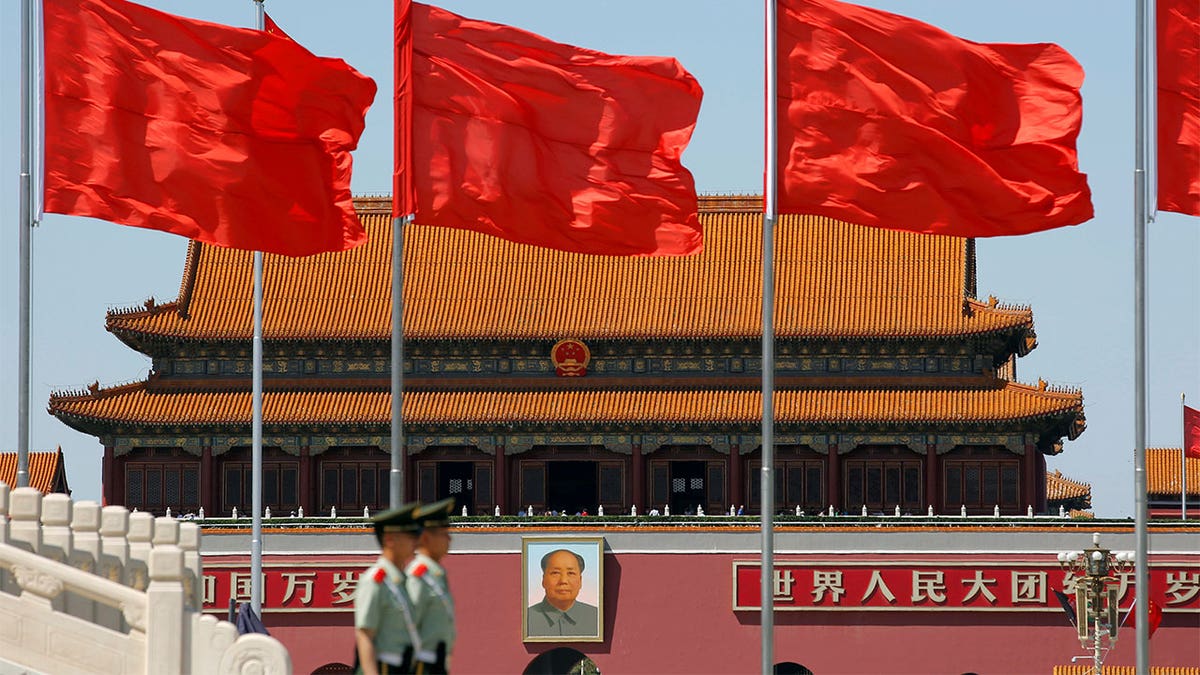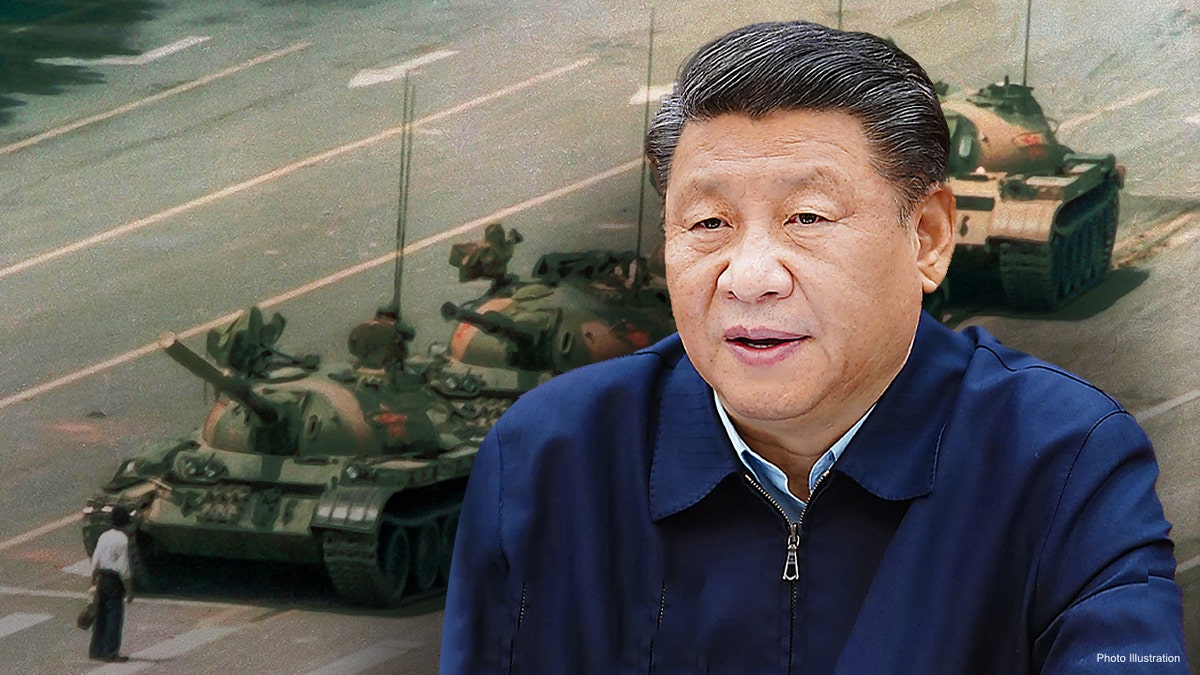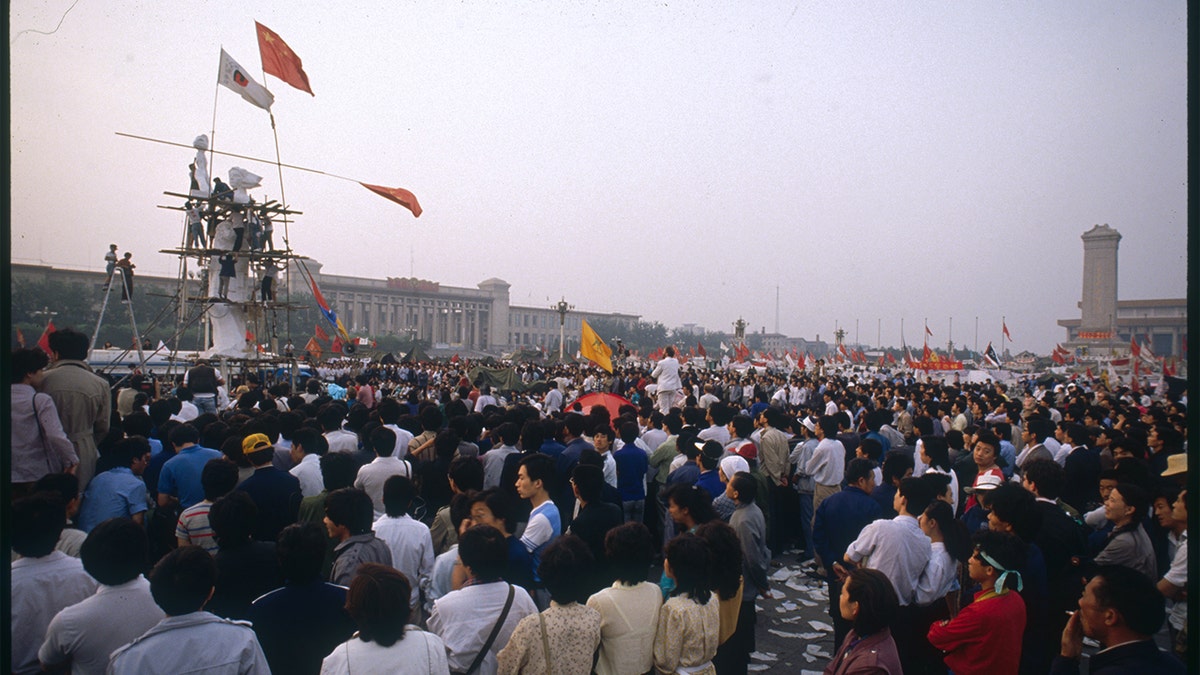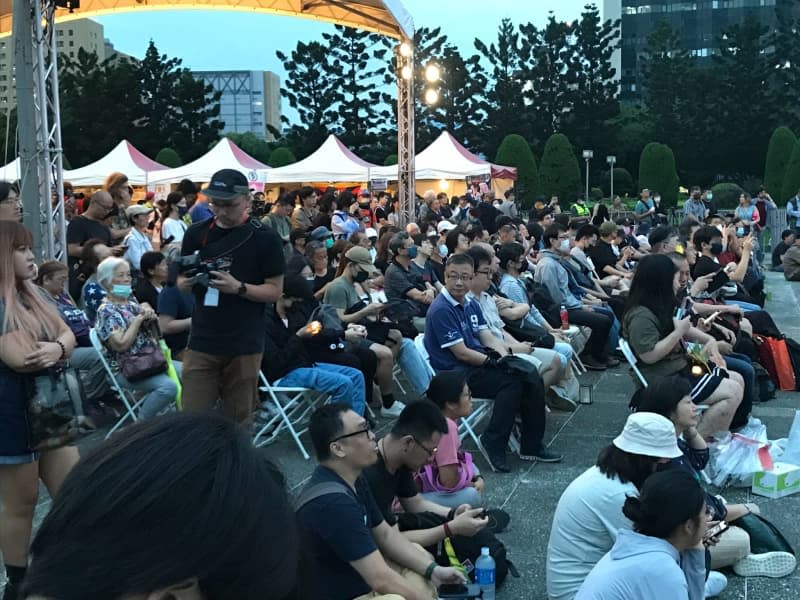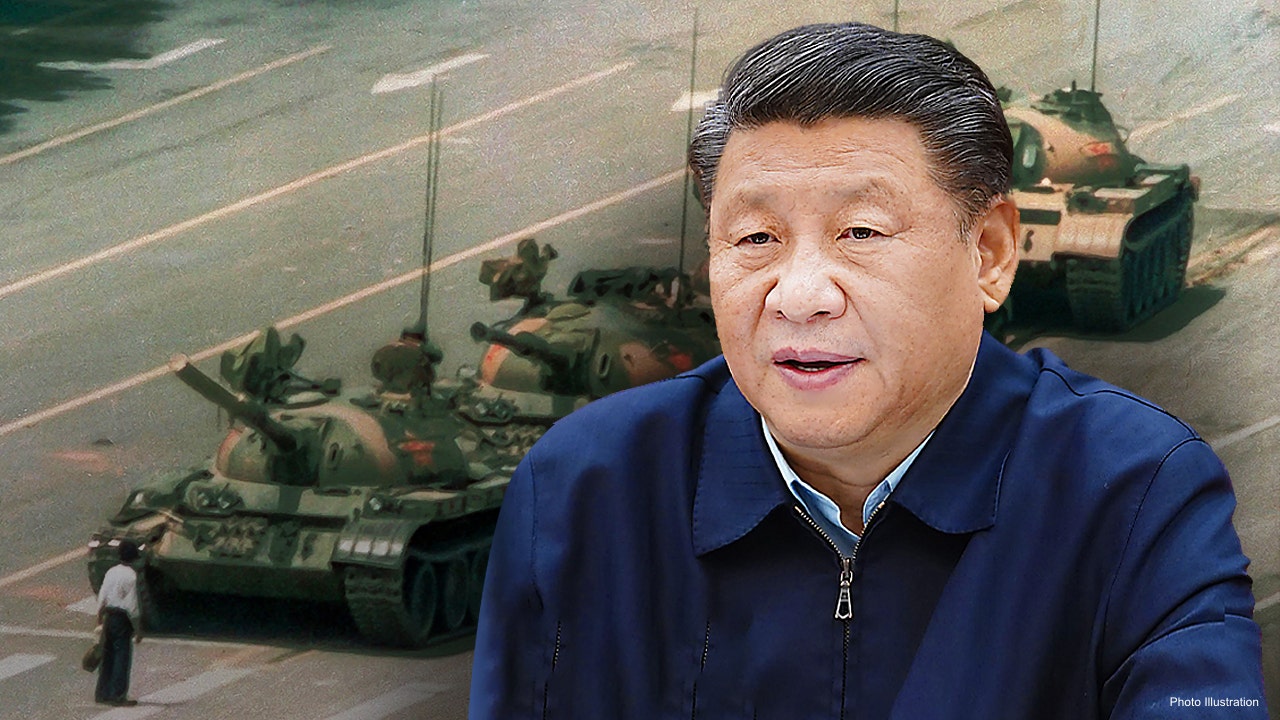
The 35th anniversary of the Tiananmen Square massacre on June 4, 1989, brought renewed scrutiny to China's treatment of dissent and the state of US-China relations. In Beijing, heavy police presence was reported as authorities sought to prevent any large-scale commemorations. The Chinese Communist Party (CCP) has long suppressed memories of the violent crackdown on pro-democracy protests that left hundreds or thousands dead.
In Taipei, more than 1000 people gathered to commemorate the victims and call for an end to human rights violations in China. The Tiananmen Mothers group, which includes families of those killed or injured during the crackdown, made an online appeal for the Chinese government to publish names and numbers of those who died, grant compensation to victims and their relatives, and pursue legal accountability.
In Hong Kong, commemorative events have been prevented for several years. Police arrested four people and swarmed a handful of others who tried to protest or commemorate. The US consulate in Hong Kong displayed a poster reading 'Remember 89! Mourn 64!' in solidarity with the victims.
The anniversary also highlighted policy failures by previous US administrations, including George H.W. Bush's attempt to reestablish contact and friendly relations with China after the massacre.
Despite increased security measures, some Hong Kong residents managed to commemorate the anniversary privately. Keith Law, a resident of Hong Kong, shared his memories of the events and their impact on his life.
The Tiananmen Square protests marked a turning point in China's history and US-China relations. The CCP's brutal response to peaceful protests underscored its authoritarian nature and lack of respect for human rights. The anniversary serves as a reminder of the importance of standing up for democracy, freedom, and human rights.
